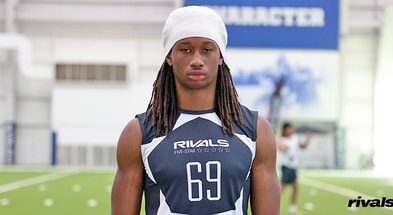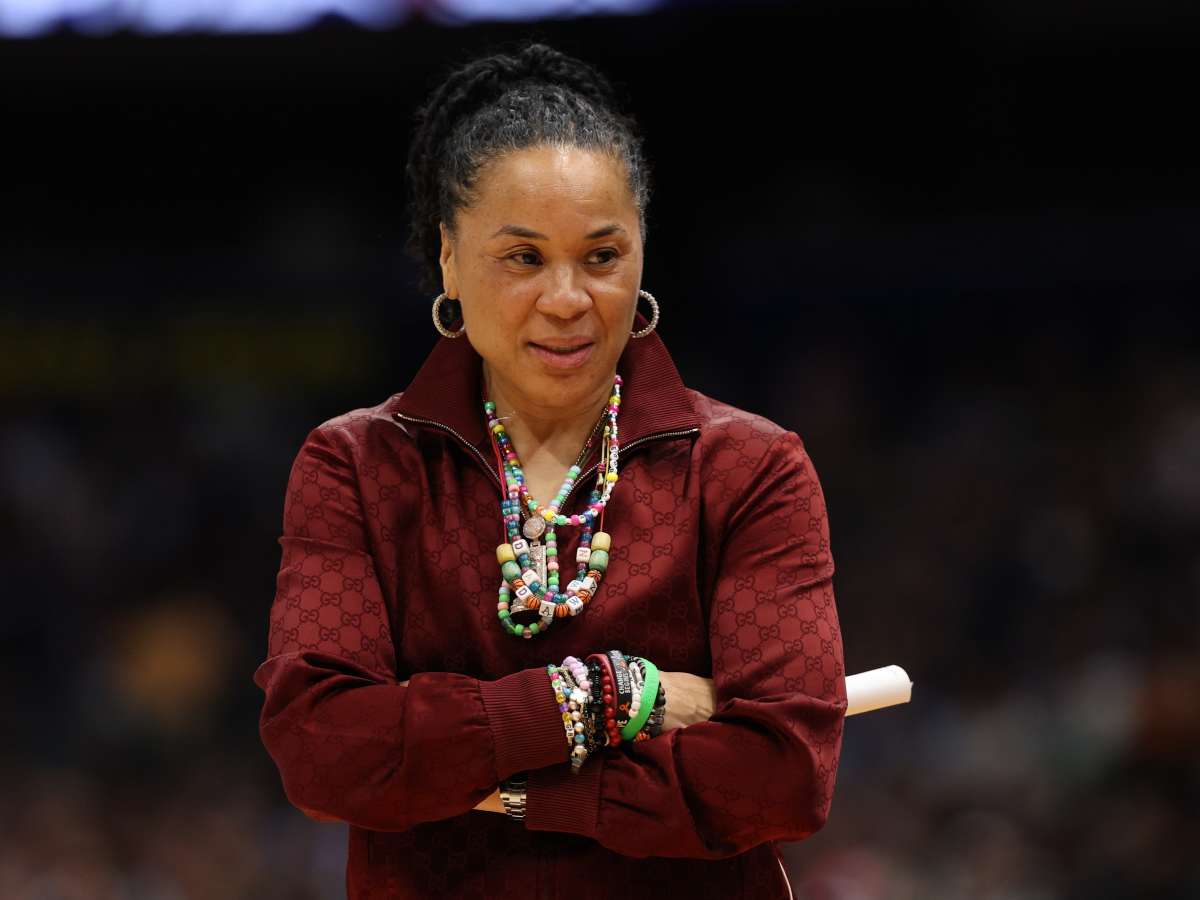Inside the Oilers’ Bold Coaching Revamp: How Three New Hires Could Finally Spark a Championship Run in Edmonton
When a hockey franchise as storied and desperate for glory as the Edmonton Oilers decides to shake things up behind the bench, it’s never just another offseason transaction. It’s a statement. And this summer, that statement has come through loud and clear as the team solidified Kris Knoblauch’s staff with three calculated, distinct hires: assistant coach Paul McFarland, goaltending coach Peter Aubry, and skills coach Conor Allen. This trio doesn’t just represent a change in faces; they represent a new philosophy — one rooted in balance, strategy, and development — aimed at finally pushing this immensely talented roster over the edge and into Stanley Cup contention. For an organization that boasts two of the most dynamic players in the world in Connor McDavid and Leon Draisaitl, the message is unmistakable: the time is now, and the Oilers aren’t leaving anything to chance.
The additions to Knoblauch’s bench weren’t made for optics or to appease critics. They were made with surgical precision. General manager Ken Holland and Knoblauch recognized the need for a coaching infrastructure that could do more than merely manage egos or tinker with lines. What the Oilers needed — and what they now appear to have secured — are tacticians and developers, minds who can work in tandem to amplify every inch of this team’s potential. In Paul McFarland, the Oilers gain an experienced voice who understands the nuances of offensive structure and special teams management. McFarland, known for his time with the Florida Panthers and Toronto Maple Leafs, has a history of sparking power plays and nurturing offensive chemistry. He’s not just a clipboard guy. He’s someone who can turn a man-advantage into a momentum swing, someone who sees the ice in layers and teaches players how to exploit it in ways they hadn’t before.
Then there’s Peter Aubry, the new goaltending coach, who steps into a role of immense importance. If there’s been one Achilles heel for Edmonton in recent playoff campaigns, it’s been the inconsistency between the pipes. With Stuart Skinner showing flashes of brilliance but also moments of uncertainty, and with the team’s future still in flux at that position, Aubry’s job is clear but far from simple: stabilize, elevate, and build confidence. His resume, honed during his years of success with the Chicago Blackhawks’ AHL affiliate Rockford IceHogs, is rooted in a development-first philosophy that has helped raw prospects evolve into NHL-caliber starters. For a team trying to solve the goaltending puzzle, Aubry’s cerebral and methodical approach may be exactly what’s needed.
And finally, there’s the wildcard — Conor Allen. His hire as a skills coach is perhaps the most intriguing, not because of a lack of experience but because of how specialized his role is in today’s NHL ecosystem. The modern game demands more than just systems and structure; it requires constant refinement. In a league where puck possession and individual creativity often determine games, having a coach dedicated solely to sharpening player skills — edgework, stickhandling, shooting mechanics — is no longer a luxury. It’s a necessity. Allen brings a fresh voice, a player-first style, and the kind of innovation that can help elevate second- and third-line players into reliable, difference-making assets.
What makes this trio so compelling isn’t just their individual strengths, but how well they appear to complement each other. McFarland brings strategy and structure. Aubry brings detail and discipline in the net. Allen brings creativity and personal growth. Together, they form a coaching nucleus that embodies the modern NHL — a blend of analytics and instinct, structure and spontaneity. Kris Knoblauch, still relatively new to the head coaching spotlight at the NHL level, has now been given a support staff that plays to his strengths and fills in any potential gaps. More importantly, he now has a staff that can challenge the status quo without fracturing the locker room’s culture.
This coaching overhaul also signals a philosophical shift from the organization’s leadership. Gone are the days when the Oilers simply hoped McDavid and Draisaitl could drag the team forward. Now, it’s about equipping the entire roster with the tools, knowledge, and confidence to contribute meaningfully. That means defensemen being smarter with breakouts, wingers being more efficient on the forecheck, and centers understanding the little details in the faceoff circle that can turn a close game. It means young players being developed, not buried. It means veterans being optimized, not overworked. Every move the Oilers have made this summer points toward a more mature, calculated pursuit of success.
McDavid and Draisaitl may still be the faces of the franchise, but they can’t do it alone. That’s been proven time and time again. The road to the Stanley Cup isn’t paved solely with elite scorers. It’s lined with smart systems, depth contributions, and coaching that knows how to make in-game adjustments when everything is on the line. By hiring McFarland, Aubry, and Allen, the Oilers aren’t just ticking boxes — they’re building the kind of all-encompassing support system that elite franchises rely on. And perhaps most crucially, they’re creating an environment in which their stars can thrive without having to be superhuman every night.
Another underappreciated aspect of these hires is the fresh perspective they bring. Each of the three new coaches has experience across various levels of hockey — from junior leagues to minor pros to the NHL — and that diversity of background creates a melting pot of ideas. In today’s NHL, where no single strategy dominates for long, adaptability is gold. The ability to adjust systems on the fly, to respond to trends before they become problems, is what separates contenders from pretenders. The Oilers’ new staff is built for that kind of fluidity. They’re thinkers, teachers, problem-solvers. And if they do their jobs right, the results will be visible not just on the stat sheet, but in the rhythm and confidence with which the team plays.
As the season approaches, the pressure in Edmonton will be palpable — that’s unavoidable when your core is in its prime and expectations are championship-or-bust. But what this revamped coaching staff offers is not a guarantee of success, but a roadmap toward it. They bring clarity to roles, accountability to execution, and development to the players who need it most. Whether it’s fixing the team’s defensive zone coverage, rejuvenating the power play, or building goalie confidence from the ground up, the potential for real, measurable growth is finally there.
What remains to be seen, of course, is how quickly all of this gels. Chemistry among coaches is just as vital as chemistry among players. The voices behind the bench have to be unified, not just in message but in tone and timing. But everything we know about these hires suggests a shared vision — a common understanding that success isn’t about flash or noise, but about details, structure, and belief. The kind of belief that can survive losing streaks, withstand playoff pressure, and carry a franchise that’s been chasing the ghosts of its past into a more promising future.
For the Oilers, these aren’t just hires — they’re the seeds of transformation. They’ve chosen not to stand still, not to run it back and hope for a different outcome. Instead, they’ve chosen to reimagine what their coaching staff can be, and in doing so, they may have taken the most important step toward delivering the championship this city has been waiting for. Every coach brings a different element — and this time, it just might be the right mix.


